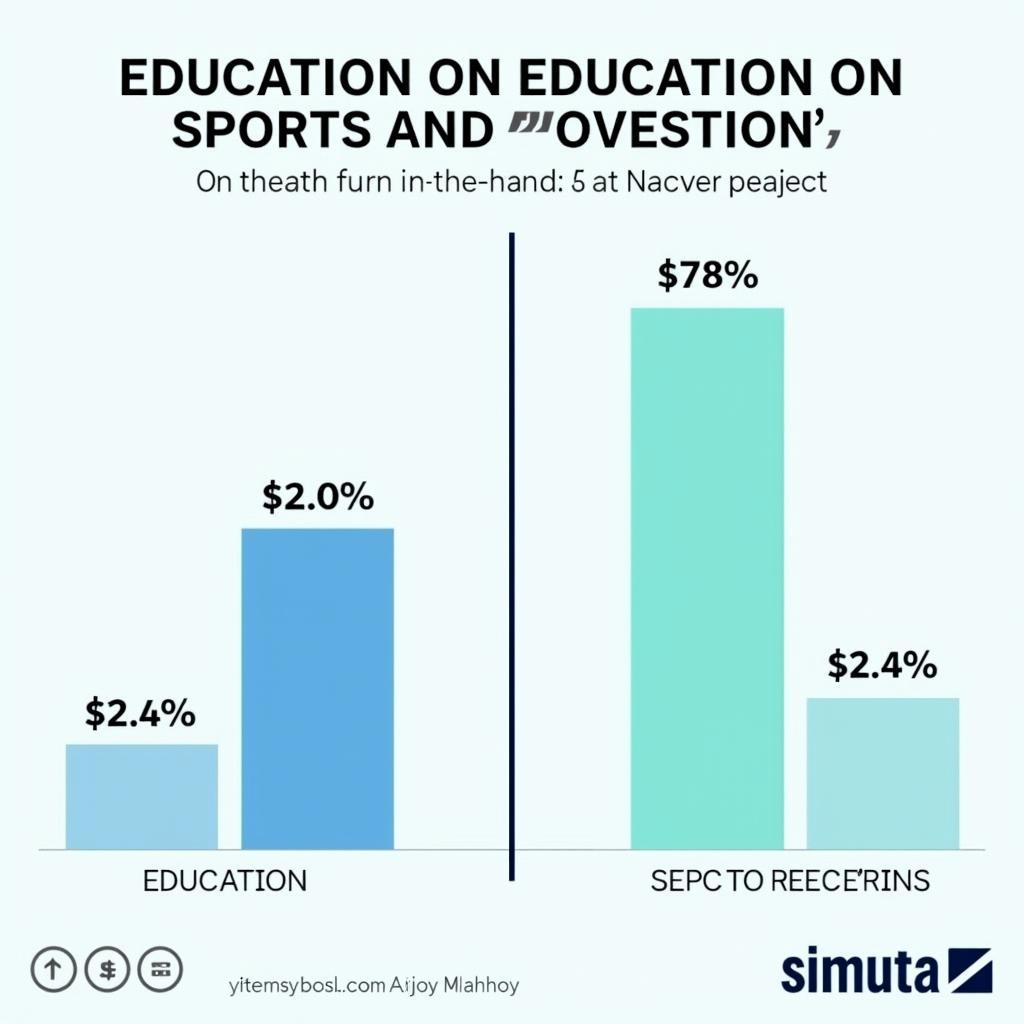The role of governments in supporting education is a recurring theme in IELTS Writing Task 2, appearing approximately 2-3 times annually. Based on analysis of past exam papers, this topic frequently emerges in various forms, particularly focusing on government funding, policies, and responsibilities in education.
The role of schools in climate education provides valuable context for understanding how educational institutions and governments interact to shape learning outcomes.
Sample Question Analysis
Some people believe that governments should spend more money on education than on recreation and sports. Do you agree or disagree?
This question requires candidates to:
- Take a clear position
- Compare education spending with sports/recreation funding
- Provide supporting arguments and examples
- Consider potential counterarguments

Band 9 Sample Essay
Government expenditure on education versus recreational activities and sports has been a subject of considerable debate. In my opinion, while both sectors deserve attention, education should receive greater financial support from governments for several compelling reasons.
Firstly, education forms the foundation of societal progress and economic development. Investment in quality education directly correlates with improved workforce capabilities, technological innovation, and overall national productivity. For instance, countries like Singapore and South Korea have demonstrated how prioritizing educational spending can transform a nation’s economic landscape within a generation.
Moreover, education serves as a crucial tool for social mobility and equality. When governments allocate substantial resources to education, they create opportunities for disadvantaged communities to access quality learning, thereby reducing social disparities. This investment has far-reaching implications for poverty reduction and social cohesion.
While sports and recreation are undeniably important for physical and mental well-being, their impact is comparatively limited. Although these activities contribute to public health and entertainment, they do not provide the same level of fundamental societal benefits as education. However, this does not mean they should be neglected entirely; rather, they should receive proportionate funding that reflects their relative importance.
In conclusion, while both sectors merit government support, education should receive greater financial allocation due to its fundamental role in national development and social progress. The long-term benefits of educational investment far outweigh those of recreational activities and sports.
The role of governments in supporting culture demonstrates similar principles of government resource allocation.
Band 6.5 Sample Essay
I agree that governments should give more money to education than sports and recreation. This is because education is more important for people’s future.
The main reason is that education helps people get better jobs. When students study well, they can find good work and earn more money. For example, in my country, people who finish university usually get higher salaries than those who don’t. Also, education helps the country develop because educated people can do more difficult jobs.
Another point is that education is expensive and many families cannot afford it. If the government doesn’t help with money, some students cannot go to school or university. This is not fair for poor people. But sports and recreation are not as important as education for people’s future life.
However, sports and recreation are also good for people’s health and happiness. The government should still give some money to build parks and sports centers, but not as much as education. Many people can do sports without spending lots of money, but getting good education always needs more money.
In conclusion, I think education needs more government money than sports because it helps people have better lives and helps the country grow.
Essay Analysis
Band 9 Essay Features:
- Sophisticated vocabulary: “correlates,” “implications,” “cohesion”
- Complex sentence structures
- Clear organization with coherent paragraphing
- Strong arguments with specific examples
- Balanced perspective
Band 6.5 Essay Features:
- Basic but clear vocabulary
- Simple sentence structures
- Some grammatical errors
- Basic organization
- Limited range of examples
Key Vocabulary
- expenditure (n) /ɪkˈspendɪtʃər/ – spending of money
- correlation (n) /ˌkɒrəˈleɪʃn/ – connection between things
- mobility (n) /məʊˈbɪləti/ – ability to move between social levels
- allocation (n) /ˌæləˈkeɪʃn/ – distribution of resources
- cohesion (n) /kəʊˈhiːʒn/ – unity between people
The role of governments in supporting SMEs offers additional insights into government resource allocation strategies.
High-Scoring Sentence Patterns
-
Complex Cause-Effect:
“Investment in quality education directly correlates with improved workforce capabilities.”
Structure: Subject + verb + preposition + noun + adverb + verb + preposition + noun phrase -
Conditional Statement:
“When governments allocate substantial resources to education, they create opportunities…”
Structure: Time clause (When + subject + verb) + main clause
Practice Task: Try writing your own essay on this topic and share it in the comments for feedback and discussion.